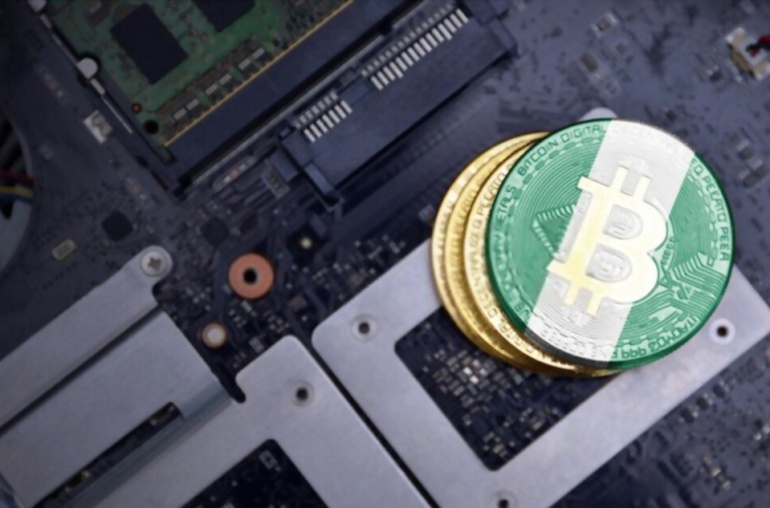
Nigerians use #BinanceStopScamming to draw global attention to the crypto exchange’s action of blocking users’ accounts in the West African country.
Social media was agog this week as Nigerian users of crypto exchange Binance called out the platform on Twitter. Tweets that made the rounds revealed that the world’s largest crypto exchange had blocked the accounts of some of its African users. Nigerians who actively use the peer-to-peer option on the platform were particularly affected.
The Alleged Indescriminate Ban
Binance has become popular amongst Nigerian crypto investors, especially its P2P platform following the Central Bank of Nigeria’s ban on cryptocurrencies. To tackle this, the exchange has provided an option for them to convert their assets to fiat and vice versa. This is even more critical as the use of Telegram, WhatsApp and other means have proved extremely flawed.
However, this week, things turned on their head when tweets with the #BinanceStopScamming surfaced on Twitter. Several users allege they have been denied access to their accounts without any viable explanation as to why.
One victim, @AmaJudy_, revealed that her account had been suspended for over ten months. All efforts to know the reason for the suspension had met dead ends. She tweeted,
Another individual, Cynthia Chidera, also told the story of a trader who nearly committed suicide due to the same issue. She had an account with $400,000 worth of digital assets suspended as well. She said,
Consequently, Binance Africa has moved to allay fears that it is targeting specific people. It announced that all affected users who felt their accounts were suspended wrongly could fill out a form to aid the proper investigation. It further reiterated its goal of providing a safe and secure platform for its users’ funds.
Binance has come under increased scrutiny recently from regulatory bodies globally. Some countries have restricted the platform from certain activities, while others have warned citizens it was not licensed to operate in their jurisdiction. In response, the exchange with the largest trade volume has had to tighten its anti-money laundering checks and cut its product line-up.
Binance Continues To Drive BlockChain Adoption In Africa
Binance has been a driver of crypto adoption in Africa despite this recent issue. In a blog post, the platform highlighted its efforts to increase crypto literacy on the planet. Through AMAs, Hackathons and Seminars, it educated over 400,000 Africans between 2021-2021.
Source: Binance
Its education effort would suffer some threats as P2P transactions, a major driver of crypto adoption in Africa, have come under attack. In Nigeria, reports emerged of the CBN planting agents on P2P platforms to monitor and report individuals transacting in cryptocurrencies. The situation only increased transacted volume further, with Nigeria becoming the second target market for P2P activities.
Source: Usefultulips
According to Usefultulips, P2P transaction volume grew by almost 20% from the CBN’s crypto ban in February till the end of 2021. This readily available market makes Binance’ effort more worthwhile.
Aside from providing educational content to the continent, Binance has sought more avenues to support the African people. During the #EndSars campaign that swept Nigeria in 2020, its CEO Changpen Zhao tweeted in support of citizens fighting against police brutality.
In addition, Binance became an official sponsor of the TotalEnergies African Nations cup currently held in Cameron. This move consolidates its presence among the football-loving continent. It is also reportedly the official sponsor of the Nigerian Idols’ seventh season.
Kingsley is a fintech writer with over 4 years of experience covering blockchain and cryptocurrency news. Alo first discovered Bitcoin in 2016 and has been passionate about it ever since, particularly the various ways blockchain can help Africa and the world at large. He desires to give the crypto space a more geographically balanced narrative and serve as a bridge between Africa and the rest of the world. His articles have been featured in Cointelegraph, Beincrypto, and Forkast.news, among others.


